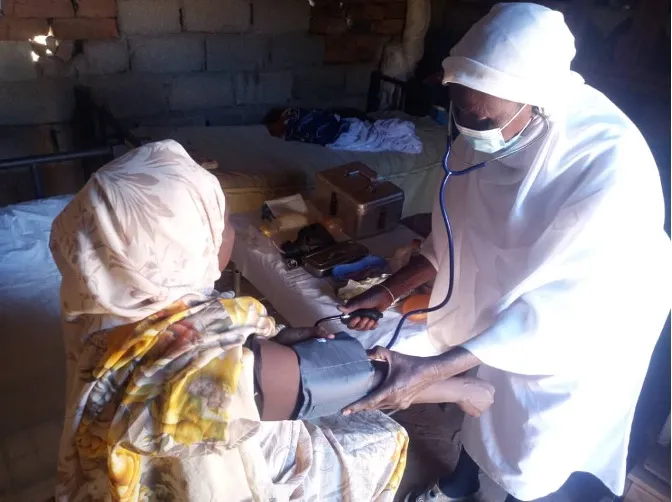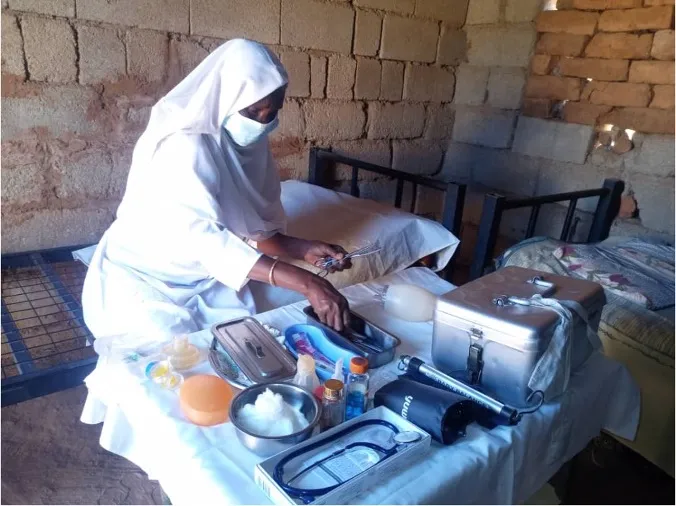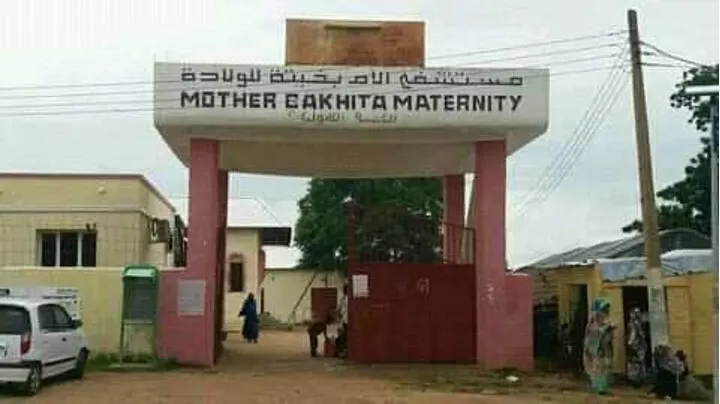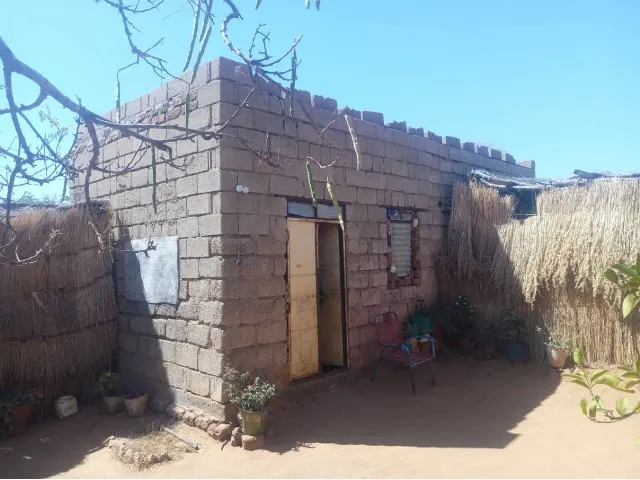In the region of South Kordofan health facilities have been looted and closed. Amira, an expectant mother, can’t travel to open facilities in North Kordofan because the roads are too unsafe. This is just one crucial reason why midwives like Al Toma Hussein Balal are so important in times of crisis, filling an essential gap for new and expectant mothers like Amira, pregnant with her fifth child but now cut off from health facilities.
Al Toma Balal, a member of the South Kordofan Midwifery Association (SKMA), has turned part of her house into a small clinic in the town of Dilling, where she can check on the health of pregnant women and assist them in delivering safely.




